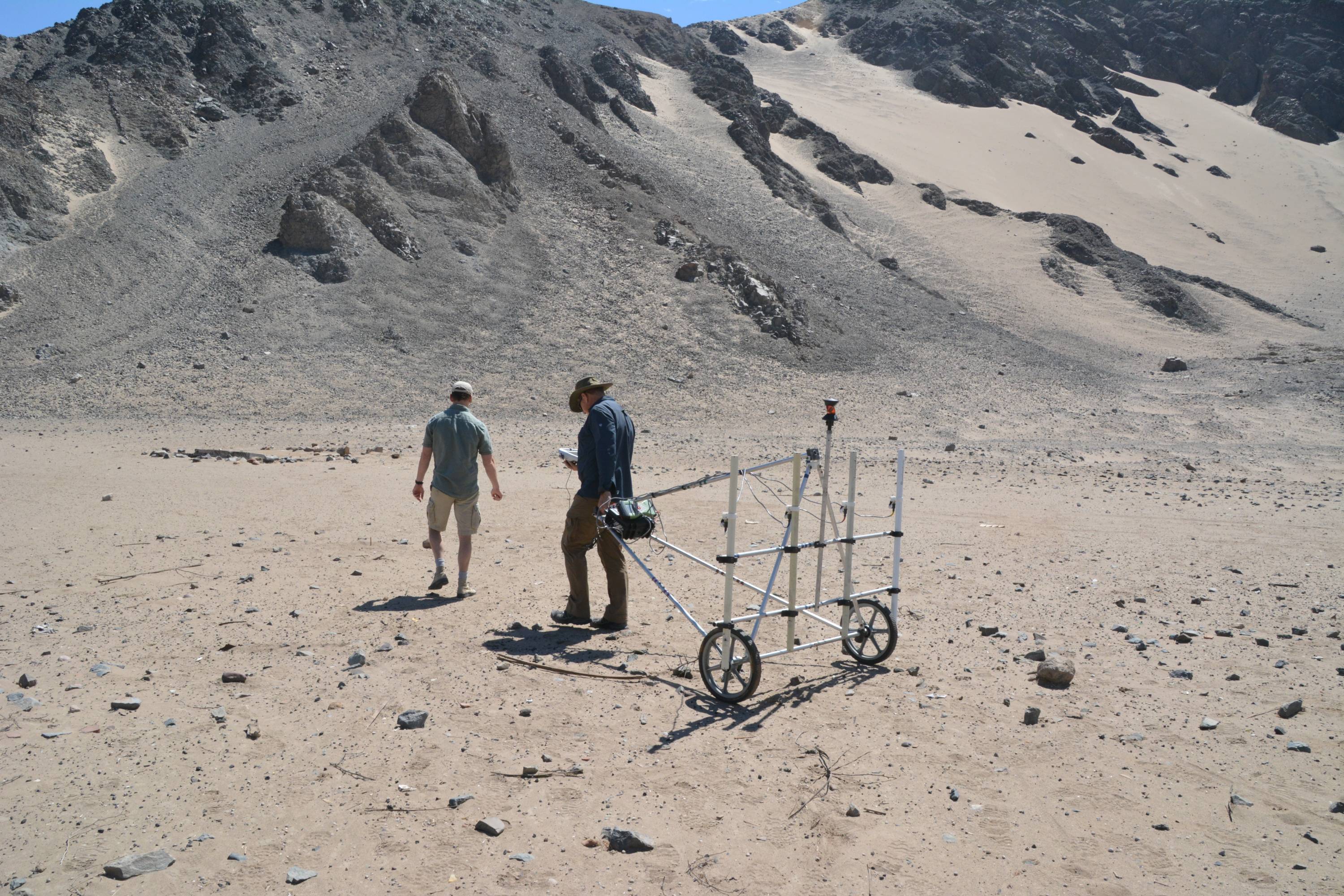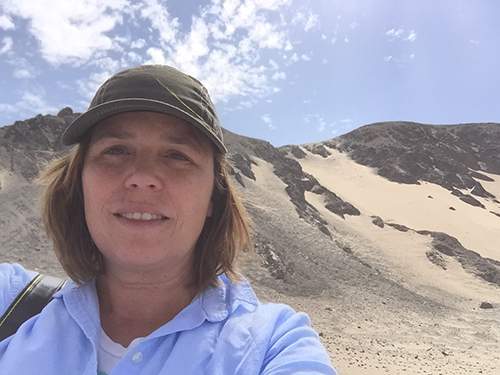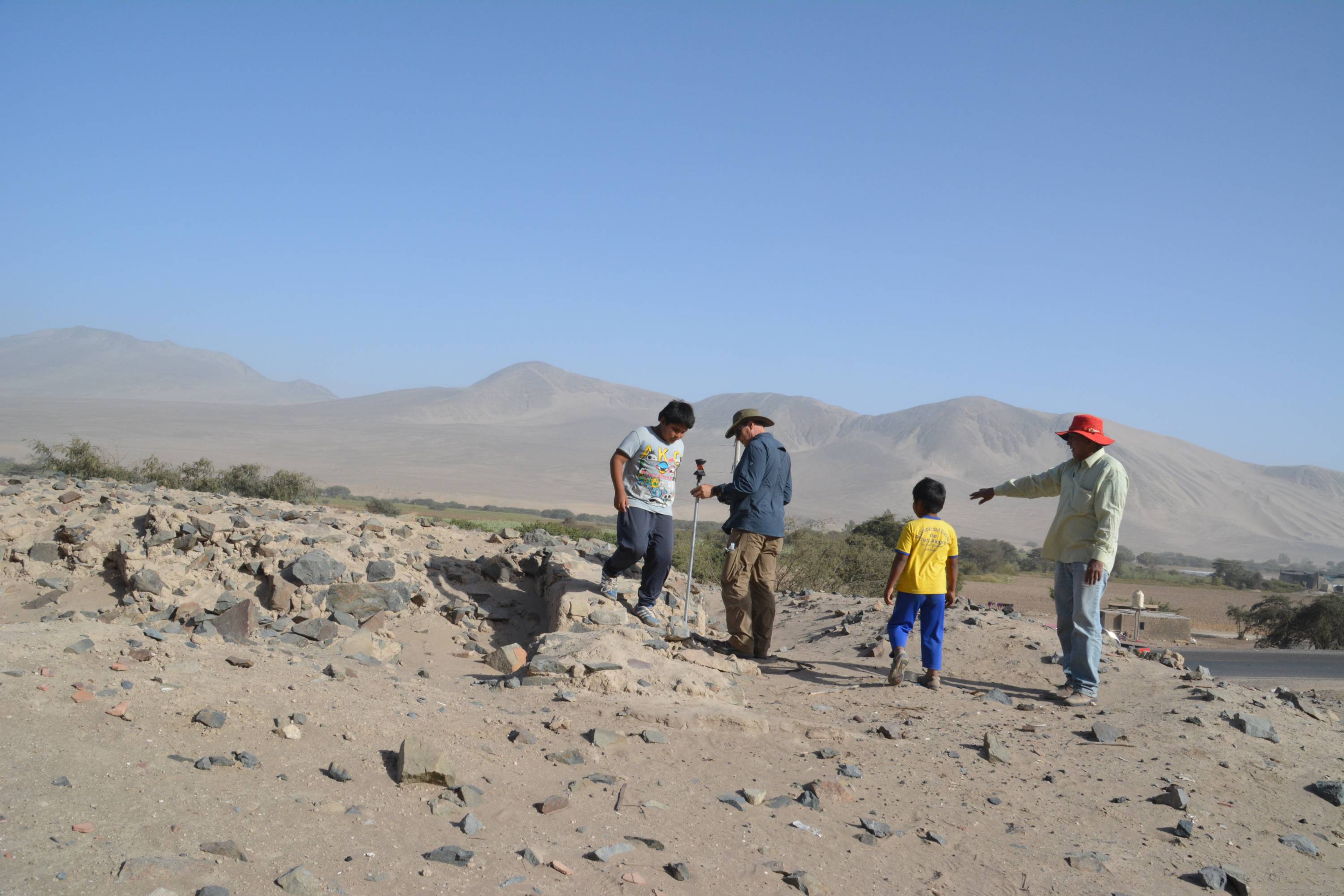Conlee awarded NSF grant to study ancient civilizations in Peru
Hannah Holder | October 29, 2018


Christina Conlee, professor in Texas State University’s Department of Anthropology, has received a $240,000 grant from National Science Foundation (NSF) to examine the development, expansion and collapse of complex societies during the Middle Horizon Period of Peru.
The three-year grant was awarded by the Division of Behavioral and Cognitive Sciences and will fund Conlee’s research project, "The Cyclic Rise and Fall of Complex Societies."
Conlee and a team of international researchers will study how societies of ancient civilizations rose, fell, expanded and transformed. They will also study the expansion of empires, colonization and the impact of social, political and environmental factors. Conlee and the team will conduct this research in the desert of Peru.
The Wari (A.D. 650-1000) were the first empire in South America, and radically changed the known world in the Andes. The investigators will research the highland Wari's relationship with the coastal province of Nasca, including the dynamics between them that aided the expansion of Wari, resulted in the conquest and transformation of Nasca society, and ultimately led to the collapse of both. The investigations will focus on Huaca del Loro (Temple of the Parrot), the largest and best preserved site of this time period in Nasca.
Excavations in residential, ceremonial and burial areas will be conducted along with several types of analyses of the archaeological and human remains. The project will examine what type of site Huaca del Loro was (local settlement, a Wari colony or a site of local resistance against the empire), and look at how and why the settlement was abandoned. Innovative techniques and technologies will determine the geographic origin and diet of people buried at the site, create high resolution 3-D images of the site and excavations, and establish the compositional analysis of various artifacts to understand trade and manufacturing of various goods.
The collected research will be made available to scholars and the public through a digital repository at Texas State. To find out more about the grant and the National Science Foundation, visit www.nsf.gov/awardsearch/showAward?AWD_ID=1758084.

Share this article
For more information, contact University Communications:Jayme Blaschke, 512-245-2555 Sandy Pantlik, 512-245-2922 |